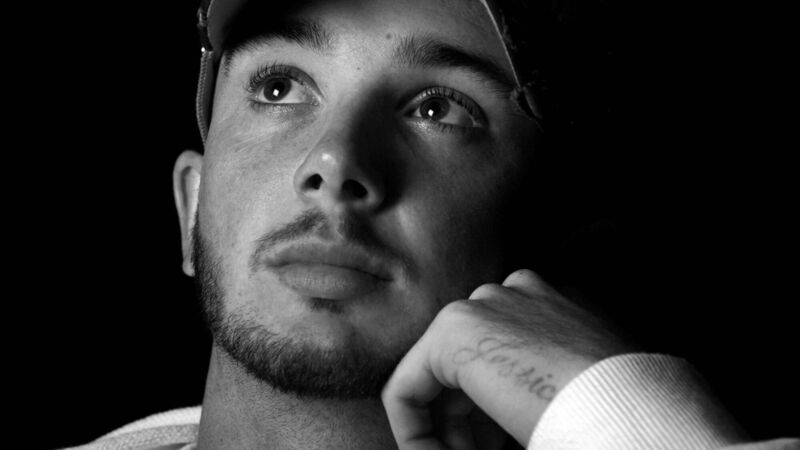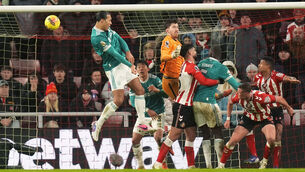Stephen Ireland keen to become an agent of change

PORTRAIT: Stephen Ireland during his Manchester City days. Pic: Stephen Pond/Manchester City FC via Getty Images
Stephen Ireland stresses he doesn’t court controversy but seldom does it avoid him.
Even nowadays, four years on from his retirement, his involvement irks people in certain aspects of the Irish game.











